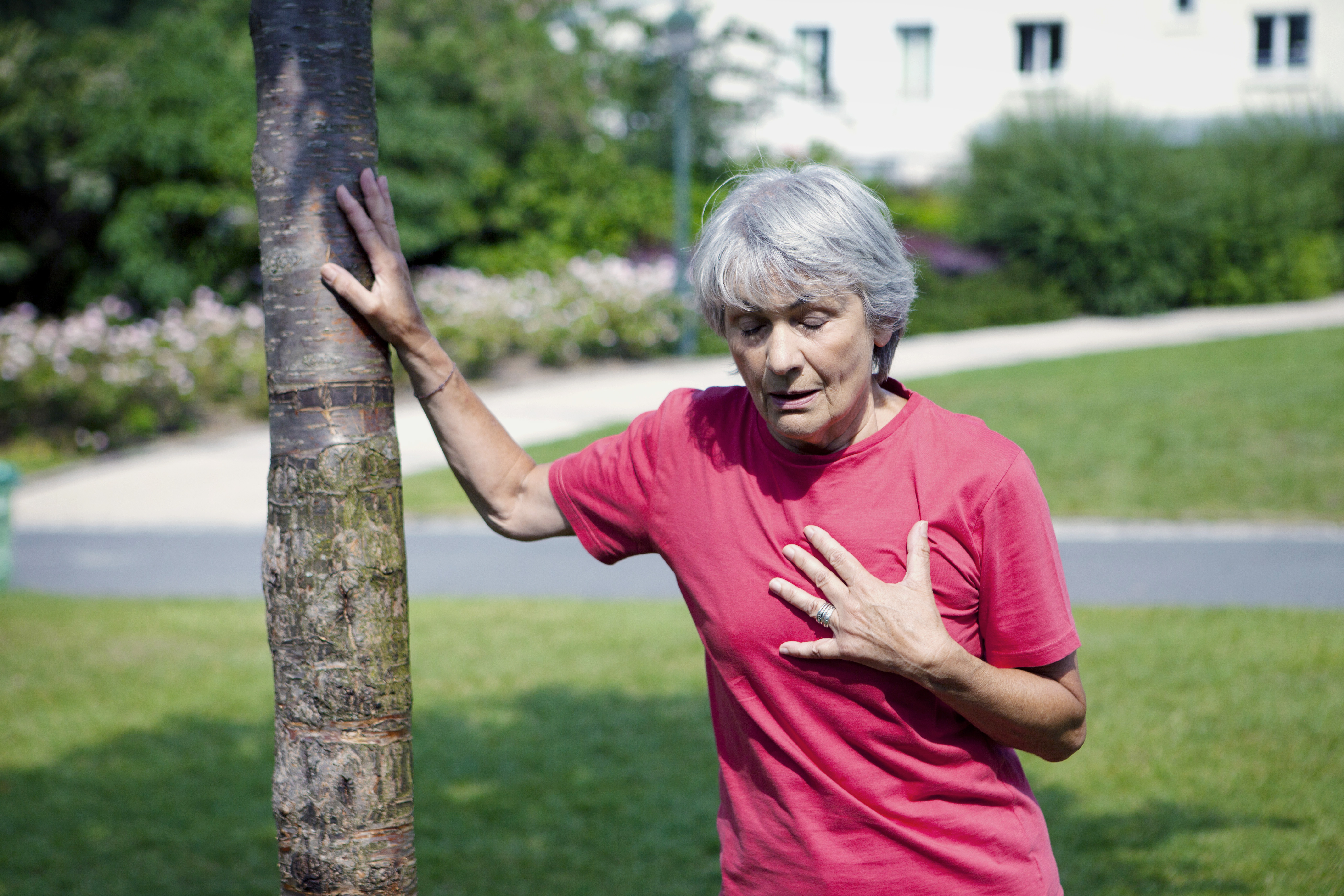Findings from a recent study published in the journal BMC Pulmonary Medicine show that anemia reduces exercise capacity and negatively impacts quality of life in patients with COPD.
Chronic obstructive pulmonary disease (COPD) is a highly prevalent condition associated with increased morbidity and mortality and characterized by the presence of expiratory flow limitation that is not fully reversible. The role of inflammation has recently become a major research focus for the disease, which could explain some of the extra-pulmonary manifestations of COPD, such as weight loss, muscle atrophy and the consequent reduction in exercise capacity. Some authors believe that anemia is also caused by the inflammatory process.
Anemia is characterized by a feeling of weakness and fatigue, and it has been suggested that it may contribute to dyspnea and exercise limitation in patients with chronic diseases.
In the study titled “Anemia and hemoglobin serum levels are associated with exercise capacity and quality of life in chronic obstructive pulmonary disease,” Marcello Ferrari, MD, from the University of Verona in Italy along with colleagues examined the variables of the distribution of hemoglobin values, the prevalence of anemia, and its relationship to shortness of breath, exercise capacity and muscle strength in 105 COPD patients. Researchers also explored the association between hemoglobin levels, anemia and HRQL. Patients were classified as anemic and non anemic using the WHO criteria.
The researchers used the Medical Research Council Dyspnoea scale (MRCs) to evaluate shortness of breath, and exercise capacity was measured with the six minute walking distance (6MWD). The peak of VO2 during the maximal cycle ergometer test (VO2max) was also measured and the Quadriceps and Handgrip strength assessment was used to determine muscle strength. The Saint George Respiratory Questionnaire was used to investigate HRQL.
[adrotate group=”3″]
Results revealed that anemic patients had higher MRCs, a lower 6MWD, VO2max, and a worse quality of life. Results also showed that there were no differences in muscle strength between the two groups.
“It may also be hypothesized that anemia produces fatigue through a reduced muscle oxygenation, which in turn would lead to a decrease in physical activity, and consequently to a deterioration of psychosocial function,” the researchers wrote in a recent news release.
According to the researchers, the results from this study should stimulate further research exploring whether increasing hemoglobin has a beneficial effect on the outcomes in COPD.

